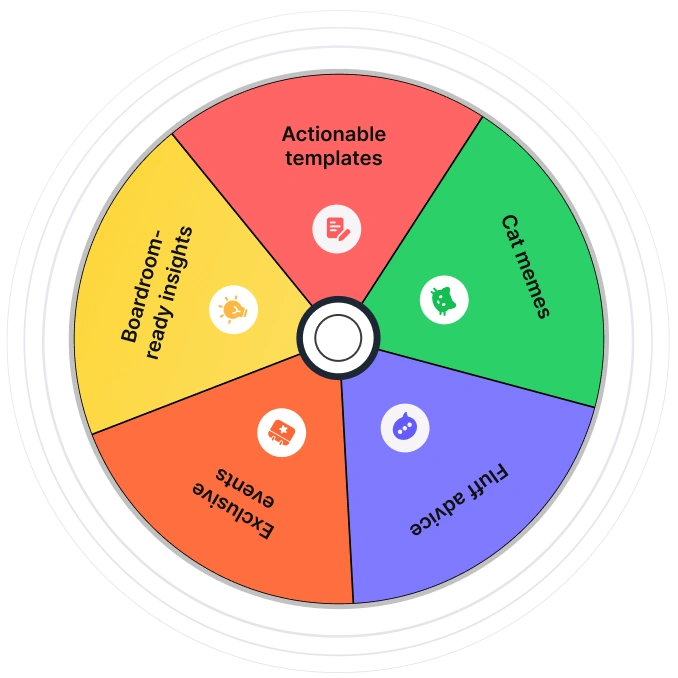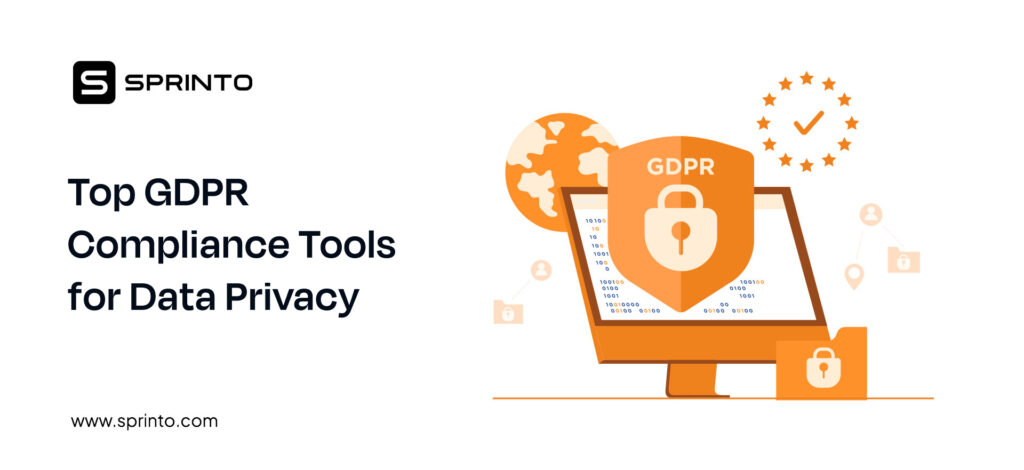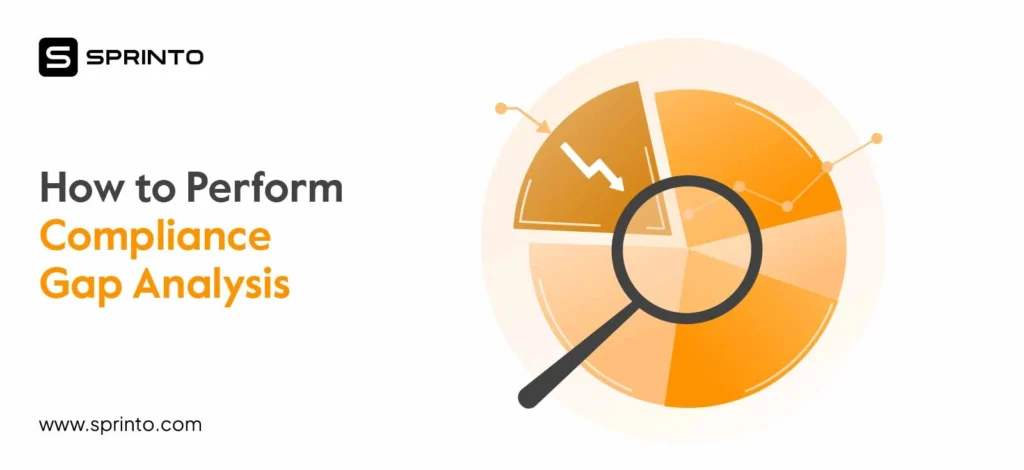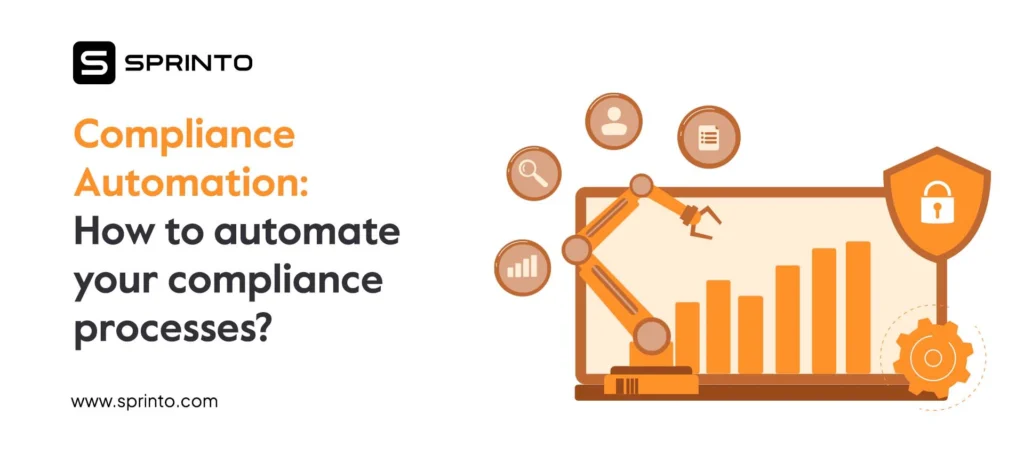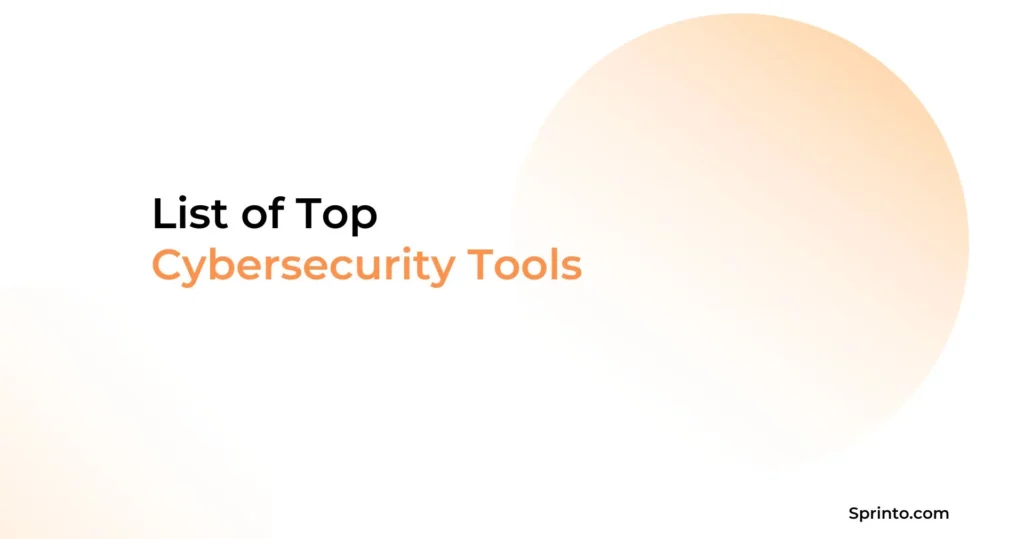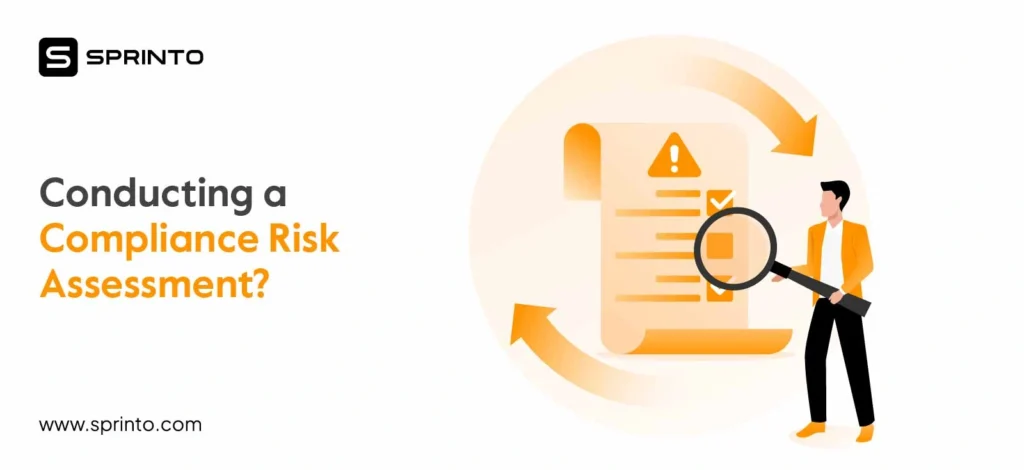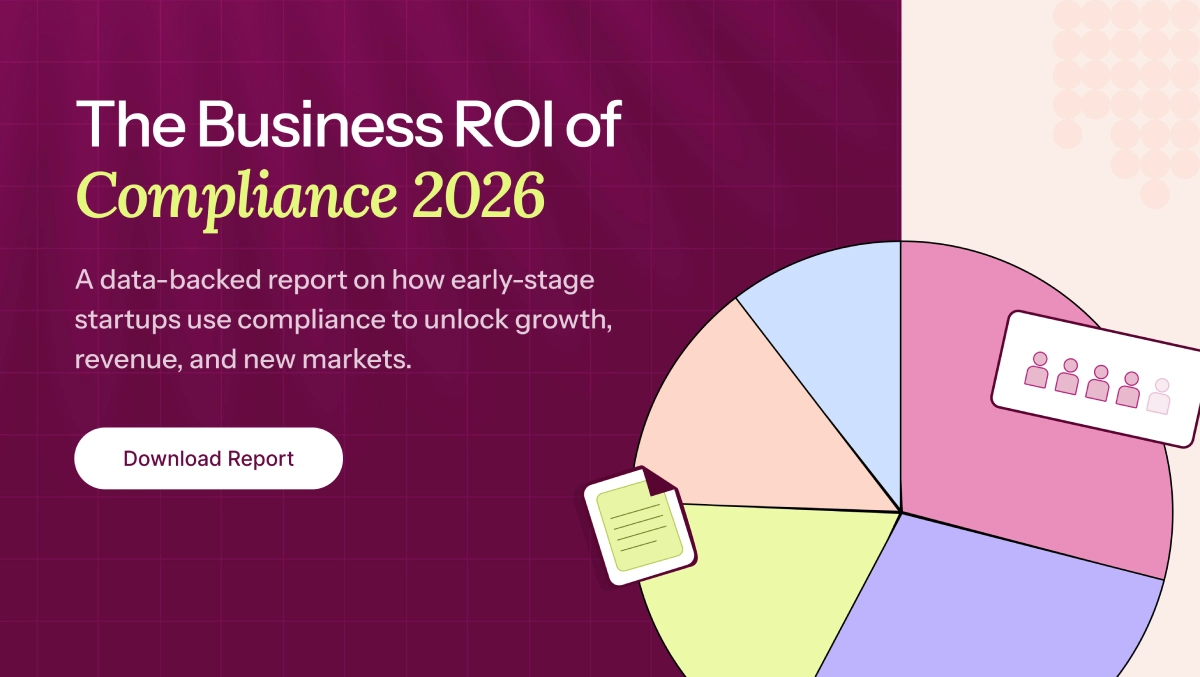“Startups are focused on acquiring customers and getting investment, and whilst they probably “should” care about data protection, they always have other priorities which are more pressing and urgent.” – Anthony Rose, CEO, SeedLegals
It’s true that, as a startup, your main focus should be on your customers and funding. Compliance is not one of the first things that may come to your mind when you are thinking about starting a business or scaling.
But rather than thinking of it like a burden, consider it as an opportunity. The time, effort, and cost you’re going to spend on being compliant with GDPR is minimal as compared to the consequences of not being compliant.
The fines for not being compliant with GDPR could go up to either 4% of your global revenue or 20 million EUROS. You definitely do not want to be a part of a crowd that scales its business and flushes out its revenue on paying fines. And since you’re here, you’ve already taken the first step.
In this blog, we break down the complicated GDPR process into simple steps and guide you through all the legal requirements and data protection practices you need in place to gain compliance. If you stick with us till the end, you’ll also find a tip that can reduce your workload by half.
Let’s start with the basics.
What is GDPR and Data Privacy?
The General Data Protection Regulation (GDPR) is a major data privacy law that came into effect in the EU on May 25, 2018. It was introduced to give EU citizens more say over their personal information—how it’s collected, used, and shared.
At its core, GDPR is about putting control back in the hands of individuals. It gives EU citizens the right to decide when, how, and how much of their personal data, like names, email addresses, contact info, locations, and even online activity, can be accessed or used.
And it doesn’t just apply to companies based in the EU. If your business collects or processes data from EU citizens, GDPR applies to you too, no matter where you’re located.
The rules are pretty straightforward: be transparent, only collect what you truly need, and make sure that data is protected. It is simple in principle but powerful in practice.
Why should startups care about the GDPR?
Startups must implement the General Data Protection Regulation (GDPR) not just to avoid hefty fines but to build customer trust in the European market. Early compliance can help your business with data management, reduce legal risks, and create a strong culture of privacy.
GDPR is a prerequisite for every startup business. Even investors view poor GDPR compliance as a red flag.
How should a startup approach GDPR?
A startup should approach GDPR by implementing its best practices as early as possible. This lays the foundation for good data and privacy protection strategies. It also allows you to document the process from the very beginning in greater detail and embed these practices into your design and operations.
As a startup, you must appoint a data protection officer (DPO) to assess the security risks and oversee the data protection activities in their business practice. A DPO is a privacy professional and a legal expert and can either be an existing employee or hired externally.
Another option would be to consult with a GRC or compliance automation software to get expert guidance while saving capital, time, and effort.
Who needs to be GDPR compliant?
You must comply with the General Data Protection Regulation (GDPR) if you’re a startup that:
- Offers products or services in the EU
- Collects or processes personal information of EU citizens
- Accepts business payments in Euros
If your startup operates within the European Union or handle the data of EU citizens, compliance with GDPR is mandatory, regardless of your size—even small and medium-sized enterprises (SMEs) must adhere to its requirements.
What are the requirements for GDPR Compliance?
The main requirement of GDPR is for your company to protect the private data of individuals. There are requirements that cover people’s consent over collecting, using, and storing personal information. However, consent is not a mandate and is one of the six legal bases as outlined in Article 6 of the GDPR.
Here are the key steps every business must follow to stay on the right track:
- Collect only personal data when you have a valid reason
- Use the data only for the specific reason you informed them of
- Don’t gather more personal data than necessary
- Make sure the information collected is correct
- Update or delete if the data is wrong
- Store data only as long as needed
- Keep the data safe with security measures
- Keep records of your GDPR compliance
- Notify people in case of a data breach
Explore GDPR requirements in detail.
8 Steps to Secure GDPR Compliance for Startups
While building your startup, you must gear up for growth while keeping in line with regulatory requirements to earn customer trust.

Here are 8 steps to help you become GDPR compliant as a startup:
1. Raise awareness about data protection
Compliance with GDPR affects everyone in an organization and not just the top management. Hence, it’s crucial to engage all employees in a holistic approach to compliance.
For starters, you must identify areas of potential non-compliance. This can be done through risk management software. All the assets belonging to the company, including employees’ devices, must be secured.
Another point people usually miss is checking if all your third-party vendors or suppliers are GDPR compliant. If they’re not, then you do not qualify for compliance either. This can be mitigated by having agreements of proper data processing with your suppliers.
2. Evaluate your legal basis
Under GDPR, you must have a valid reason for handling personal data. There are six lawful grounds outlined in Article 6:
- Consent: The individual agrees to their data being used for a specific purpose.
- Contract: Data processing is necessary to fulfill a contract with the individual.
- Legal obligation: Processing is required to comply with the law.
- Vital interests: Data processing is necessary to protect someone’s life.
- Public interest: Processing is carried out for the public good.
- Legitimate interests: Processing is necessary for your legitimate business interests.
3. Address rights of individuals as per GDPR
Your company needs to make sure your data privacy policies comply with GDPR by addressing individuals’ rights. The process of doing this includes explaining how you’ll delete private information and if you can provide it in electronic formats for free.
Individuals gain enhanced rights under the rules of GDPR, such as:
- Accessing their information
- Correcting mistakes
- Data portability
- Deleting personal data
- Avoiding automated profiling and decision-making
4. Update your cookie consent
GDPR requires cloud-based companies to update their cookie consent notices with easy-to-understand language. They should be short and to the point, with an option to say no.
You can create personalized consent forms using automated tools. Also, take a look at other ways you get consent and make sure they follow GDPR rules. If they don’t, ask for fresh consent.
5. Set up a data breach management system
If you need your start-up to comply with GDPR, having a data breach management system is a crucial step. Under GDPR rules, cloud-based businesses must report specific data breaches to the ICO (Information Commissioner’s Office), and, sometimes, to the affected individuals too.
Make sure you have the right steps in motion to find, report, and assess any personal data breaches. Conduct a GDPR assessment or a DPIA to identify the kinds of data you hold and record which ones require notification if there’s a breach.
6. Assign a DPO
Article 37 of GDPR states that if your startup regularly monitors user data or deals with sensitive information, you will need to appoint a Data Protection Officer or DPO.
In a startup, a DPO will oversee the company’s compliance requirements with GDPR. He or she will advise you on data protection matters, conduct regular audits, and act as a point of content for auditors, protection authorities, or data subjects.
For instance, handling large amounts of healthcare info or doing behavior tracking might require one. Even if it’s not mandatory, having a DPO can be handy for staying on top of GDPR compliance.
7. Establish privacy by design
Privacy by design is especially important for startups as it is better when it’s done in the early stages of a company. The GDPR insists that businesses prioritize data protection while designing and developing business applications and processes.
Here are some things to keep in mind to ensure privacy by design:
- When facing high-risk situations, like profiling users, do a Data Protection Impact Assessment (DIPA).
- Protect data with methods like anonymization or pseudonymization as recommended by GDPR.
- Regularly delete unused or unnecessary data, including obsolete backups.
- Choose data centers in secure locations like Europe or the USA.
- Combine IT security with measures like TLS/SSL certificates, double authentication, and encrypted passwords.
- Secure employee devices and conduct periodical vulnerability scans to catch any potential security gaps.
8. Implement data security steps
As a startup grows, with it grows the amount of data handled by it and the types of data. It is important for you to ensure that your data security measures are in a position to keep up with such process changes.
According to GDPR, you need to ensure that all the user data you collect and use are safeguarded from loss, theft, or unauthorized access. Some common data security steps or measures you can take as a startup to ensure compliance with GDPR are:
- Data encryption
- Access controls
- Data minimization
- Consent management
- Data breach notification
- Timely security audits
Also, check out: How to get GDPR certification?
What are the consequences of not being GDPR compliant?
Failing to comply with GDPR can seriously affect startups. It can range from multi-million euro files to lasting reputational harm.
Here are the two-tiered fine systems:
- Tier- 1 (Less severe violations)
Up to €10 million or 2% of your company’s annual global turnover. These apply when there are less severe breaches, such as:
- Failing to maintain records
- Not notifying authorities about security breaches
- Not appointing a Data Protection Officer (DPO)
- Tier-2 (Severe violations)
Up to €20 million or 4% of your company’s annual global turnover. Here are the violations that attract the Tier-2 fines:
- Unlawful processing without a legal basis
- Violating data subjects’ rights
- Illegal cross-border data transfers
Apart from the fines, you might also face legal claims from affected individuals.
What is the Cost vs ROI on GDPR compliance?
The cost of getting GDPR compliance for your organization can be anywhere between $20,000 to $100,000. The exact number depends on the size and complexity of your company.
However, using a comprehensive GRC tool like Sprinto can greatly reduce your startup’s GDPR compliance cost.

The return on investment or ROI on GDPR can be traced as:
- Developing a culture of data protection awareness: Investing in GDPR compliance will build a culture of data protection within your organization. This development would include comprehensive training programs, awareness campaigns, and regular updates on data protection policies and procedures.
- Avoiding penalties and legal protection: By playing by the GDPR rules, your startup can reduce the risk of costly fines and legal battles, offering peace of mind.
- Fueling business growth and expansion: GDPR compliance opens doors to European markets. As a result, you can attract privacy-conscious customers and build more partnerships within the EU.
- Boosting customer trust: Meeting GDPR standards reassures customers that their data is safe. Such standards strengthen loyalty and attract new business.
- Streamlining operations: Compliance often leads to more efficient data management, cutting down response times and operational costs.
Automating the GDPR compliance process
Complying with GDPR can be expensive and time-consuming, but the cost of non-compliance will be even higher.
Companies at the startup stage are primed to build a compliant system—this not only helps them build a reputation for keeping privacy and data security at the center but also helps them grow customer trust.
GRC automation tools like Sprinto makes quick work of the implementation process. What should typically take months is quite easily done in weeks. You can save time by aligning controls to your specific requirements and setting up live alerts to inform you when these controls are about to fail.
Sprinto does not just help you with implementation. You can also reap the benefits of automated evidence collection so that audits are easy. Not sure, how to start? We also provide compliance training!
Ready to take the first step? See Sprinto in action.
Frequently Asked Questions
1. How is GDPR different for startups?
GDPR is not different for startups. Its mandates are the same for all businesses regardless of size and industry. It’s advisable for startups to practice GDPR rules from an early stage to avoid non-compliance and expensive penalties.
2. Does GDPR apply to small companies?
Yes, GDPR applies to small companies. In fact, it is applicable to businesses of all sizes as long as they process personal data and are practicing or dealing with information in the European region.
3. What is the minimum company size required to comply with GDPR?
There is no minimum company size requirement to comply with GDPR. Companies that have less than 250 employees, however, are not required to keep electronic records of their data processing activities.
4. Is GDPR a mandatory requirement?
Yes, GDPR is a mandatory requirement if your company deals with the personal data of any citizen belonging to the European Union. This is true even if your company does not have a business presence in the area.
5. Which companies are exempt from GDPR?
Companies that do not target customers from the European Union are exempt from GDPR. Non-profit organizations, government agencies or law enforcement agencies are also exempt from GDPR.
Pansy
Pansy is an ISC2 Certified in Cybersecurity content marketer with a background in Computer Science engineering. Lately, she has been exploring the world of marketing through the lens of GRC (Governance, risk & compliance) with Sprinto. When she’s not working, she’s either deeply engrossed in political fiction or honing her culinary skills. You may also find her sunbathing on a beach or hiking through a dense forest.
Explore more
research & insights curated to help you earn a seat at the table.






